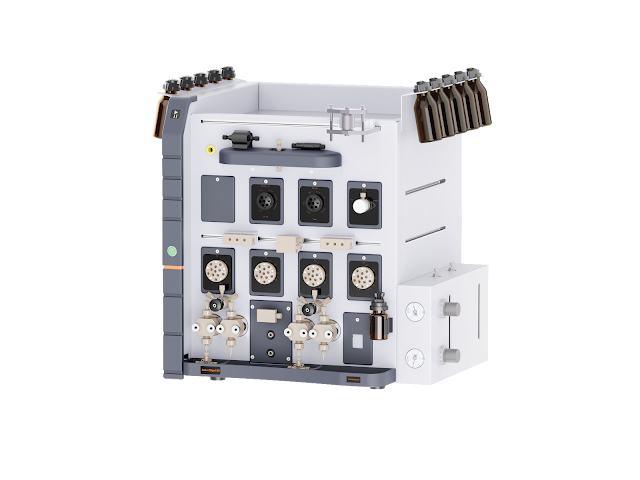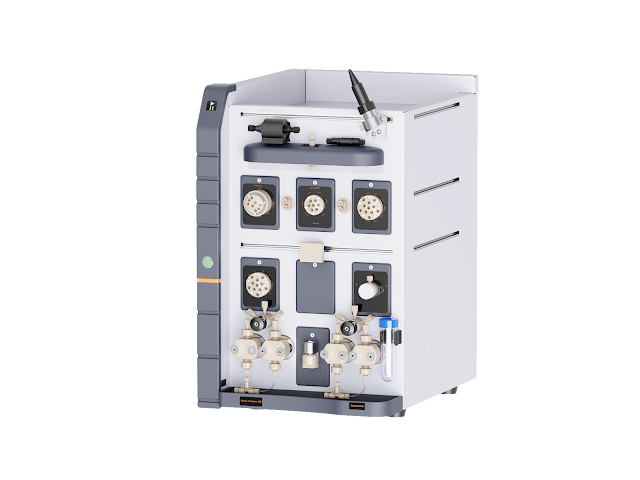Oligonucleotide Synthesis and DNA Synthesizers: Pioneering Genetic Engineering
Oligonucleotide synthesis is a cornerstone of genetic research and biotechnology, enabling scientists to create custom DNA and RNA sequences for a wide range of applications. In the world of laboratory instrumentation, DNA synthesizers have revolutionized the process, making it more efficient and precise. This article explores the significance of oligonucleotide synthesis and the role of DNA synthesizers in modern molecular biology.
Oligonucleotide Synthesis: The Building Blocks of Genetics
Oligonucleotides are short sequences of nucleotides, the basic building blocks of DNA and RNA. These synthetic molecules serve as indispensable tools in various biological and biotechnological applications. Researchers use custom-designed oligonucleotides for tasks such as PCR (Polymerase Chain Reaction), gene cloning, sequencing, and gene expression analysis.
The Process of Oligonucleotide Synthesis
Oligonucleotide synthesis involves chemically linking individual nucleotide building blocks to form a desired sequence. This process can be performed manually, but it is often automated for efficiency and accuracy. Automated synthesis allows for the creation of longer and more complex sequences with precise control over base pair sequences.
The Role of DNA Synthesizers
DNA Synthesizer are sophisticated laboratory instruments designed for automated oligonucleotide synthesis. These machines utilize solid-phase synthesis, a technique in which nucleotides are added one at a time to a growing chain anchored to a solid support. DNA synthesizers can synthesize multiple oligonucleotides simultaneously, making them invaluable tools in genetic engineering.

Applications of Oligonucleotide Synthesis
The applications of custom oligonucleotide synthesis are vast and diverse. In research, scientists use synthesized oligonucleotides for gene editing techniques like CRISPR-Cas9, enabling precise modification of genetic material. In diagnostics, oligonucleotides are employed for the detection of specific DNA or RNA sequences, aiding in disease diagnosis and monitoring.
DNA Synthesizers in Genetic Engineering
oligonucleotide synthesis has greatly accelerated genetic engineering processes. These instruments are programmable, allowing researchers to input the desired nucleotide sequence and specify the length of the oligonucleotide. The synthesizer then carries out the chemical reactions automatically, significantly reducing the time and effort required for oligonucleotide synthesis.
Advancements and Innovations
Continuous advancements in DNA synthesizer technology have led to increased speed, accuracy, and efficiency in oligonucleotide synthesis. Innovations in reagent chemistry and solid supports have further improved the quality of synthesized oligonucleotides. These developments have broadened the scope of genetic research and biotechnology applications.
Conclusion: A Bright Future for Genetic Research
In conclusion, oligonucleotide synthesis and DNA synthesizers are pivotal in genetic research and biotechnology. They empower scientists to manipulate genetic material with precision and efficiency, opening new doors for innovation in areas such as gene therapy, drug development, and diagnostics. For those seeking the latest information and resources on oligonucleotide synthesis and DNA synthesizers, platforms like inscinstech.com.cn provide valuable insights and updates, connecting researchers with cutting-edge developments in this field. As genetic research continues to advance, the role of oligonucleotide synthesis and DNA synthesizers remains central to progress in molecular biology.
.jpg)

Comments
Post a Comment